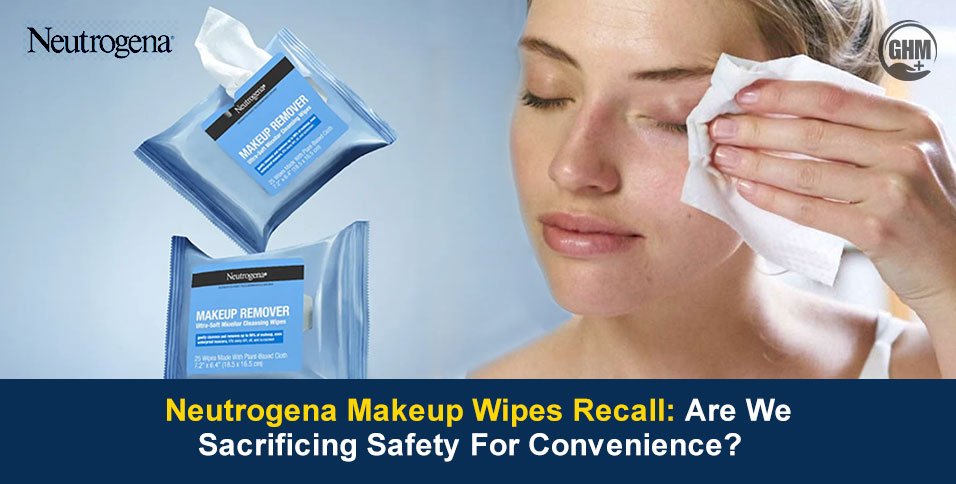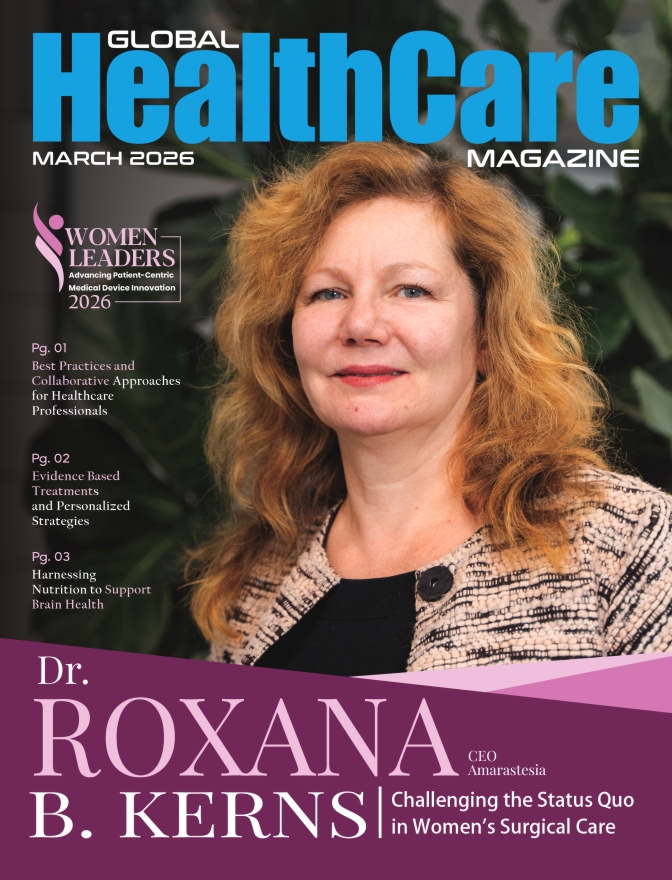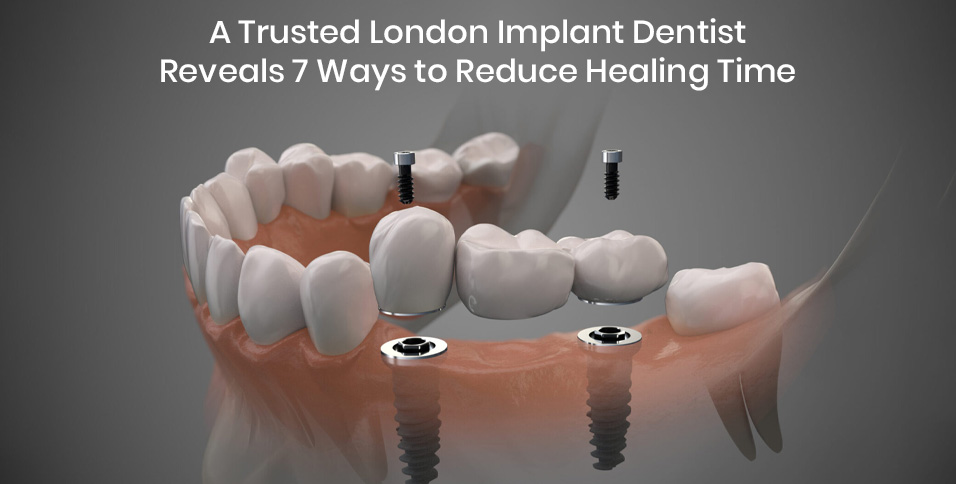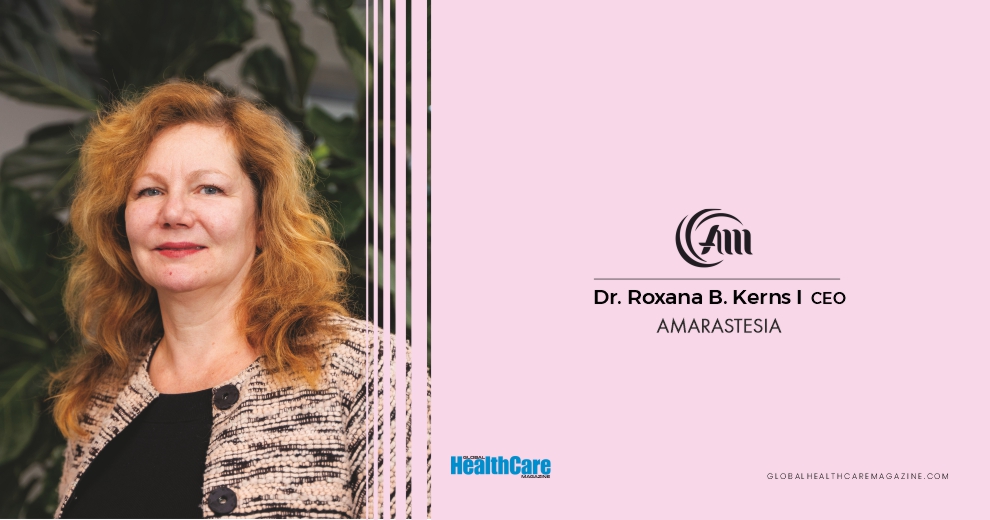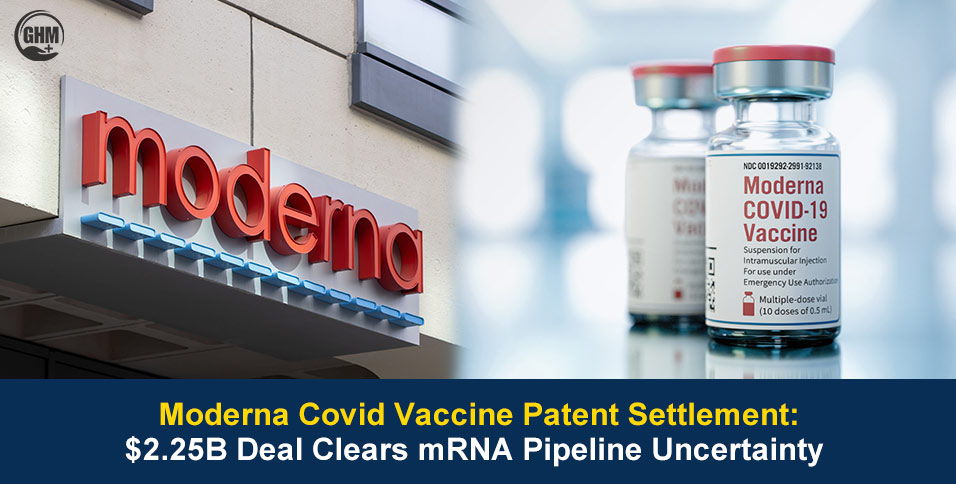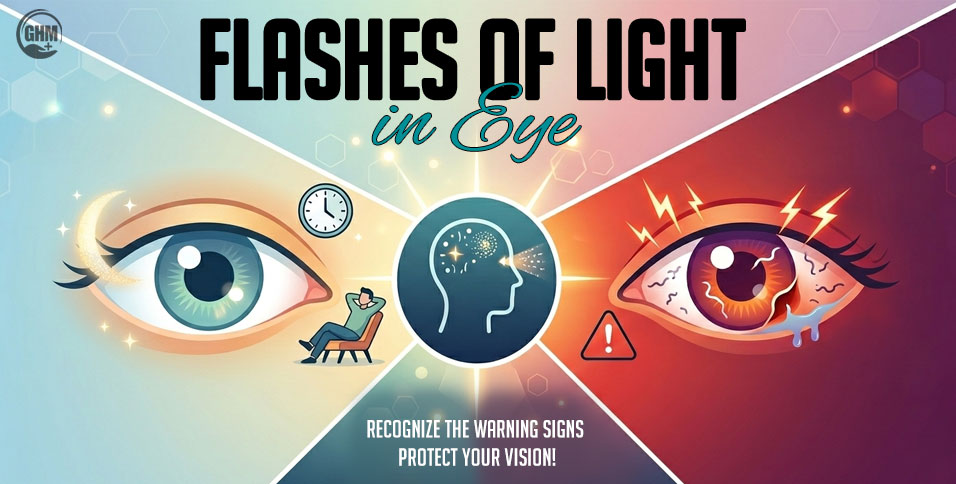The recent Neutrogena Makeup Wipes Recall has left everyone questioning the safety of their go-to cleansing products. After reports of bacterial contamination, Johnson & Johnson voluntarily recalled its popular Neutrogena Makeup Remover Towelettes.
The internal product testing detected contamination by Pluralibacter gergoviae. Pluralibacter gergoviae is a bacterium that can cause adverse health consequences such as skin irritation or infection, especially in people with open wounds or weakened immune systems.
The U.S. Food and Drug Administration (FDA) classified this as a Class II recall, meaning the contamination poses a moderate but reversible health risk. The affected products were distributed in limited U.S. regions, but the Neutrogena Makeup Wipes Recall has quickly gained global attention, given the brand’s worldwide presence.
A company spokesperson emphasised, “We are acting with an abundance of caution and transparency. Consumers who purchased the affected batches should stop using them immediately.”
This incident adds to the growing number of cosmetic product recalls, pushing experts and consumers alike to re-evaluate the safety of everyday skincare items. Are we sacrificing cleanliness and skin health for the sake of convenience?
Why Makeup Wipes Became a Global Essential
Makeup wipes are everywhere, from handbags to gym lockers to aeroplane carry-ons. They promise quick cleansing without the hassle of soap and water. According to market data from Statista, over 60% of women under 35 use cleansing wipes regularly, drawn by their speed and portability.
But this Neutrogena recall shows that convenience can sometimes clash with safety. Wipes are stored moist inside sealed packaging. It is a perfect environment for bacteria to thrive if preservatives fail or seals are compromised. Once opened, they’re repeatedly exposed to air and hands, increasing contamination risk.
Unlike bottled cleansers or creams, wipes are more vulnerable because of their moisture content and less robust preservation systems. This creates an ideal breeding ground for bacteria when conditions turn unfavourable.
How Contamination Takes Place in Wipes
Cosmetic manufacturers include preservatives to prevent microbial growth. However, certain bacteria, such as Pluralibacter gergoviae, can survive even in well-formulated products.
Some bacterial species are naturally resistant to the preservatives commonly used in cosmetics. In wipes, where moisture and warmth coexist, these organisms can multiply rapidly once packaging integrity is lost.
When such contamination occurs, users may experience skin redness, rashes, or eye irritation. For those with eczema, acne, or weakened immunity, the adverse health consequences can be more severe, leading to potential infections requiring medical attention.
Are We Choosing Convenience Over Skin Health
The Neutrogena Makeup Wipes Recall highlights a broader issue: our increasing dependence on “instant beauty” products that prioritise speed over long-term skin health.
Dermatologist Dr Nisha Verma points out, “Makeup wipes were designed for occasional use — not as a daily cleansing method. Overusing them or skipping proper washing afterwards can leave residue, disturb your skin’s pH balance, and weaken the natural barrier.”
Even when recalls are rare, they reveal how fragile the safety chain can be in mass-produced cosmetic products. From manufacturing and packaging to storage and distribution, every step matters in preventing contamination.
Are Makeup Wipes Riskier Than Other Cleansers
While wipes aren’t unsafe by design, they carry unique vulnerabilities:
- Moisture-rich formula: Encourages bacterial growth if preservatives fail.
- Open packaging: Allows air and microbes to enter each time it’s unsealed.
- Long shelf life: Preservatives may degrade over time, reducing effectiveness.
- Direct contact: Wipes touch skin directly, increasing the transfer of microorganisms.
These factors make them more likely to be affected by issues like those seen in the Neutrogena makeup wipes recall. By contrast, pump-bottle cleansers or balms often have tighter seals and less water content, making contamination less likely.
Safer Alternatives and Smarter Habits
Consumers don’t need to abandon wipes altogether, but smarter hygiene practices can reduce risk.
Here’s how to make your skincare routine safer:
- Store properly
Keep wipes tightly sealed, away from sunlight and heat. Discard packs that feel dry, smell unusual, or appear discoloured.
- Rinse afterwards
Even if labelled “no rinse,” experts recommend washing your face after using wipes to remove residue and potential bacteria.
- Try reusable or liquid alternatives
Micellar water, cleansing balms, and gentle face washes offer safer, eco-friendly options that minimise exposure to contaminants.
- Watch for warning signs
If you notice redness, irritation, or infection after use, discontinue immediately and consult a dermatologist.
- Stay updated on recalls
Check official sources like the FDA recall database or brand websites. Always verify lot numbers on your product packaging.
Lessons from the Neutrogena Makeup Wipes Recall
This makeup wipes recall serves as a reminder for manufacturers and regulators alike to strengthen product testing and transparency.
Regular microbial screening, better packaging designs, and consumer education are essential steps toward restoring confidence.
The brands should share clearer information about shelf life and storage instructions. Consumers, meanwhile, can play their part by staying informed and following safe use practices.
Conclusion
The Neutrogena makeup wipes recall is more than a temporary headline. It’s a cautionary tale about the delicate balance between ease and safety in modern skincare.
Convenience doesn’t have to compromise cleanliness, but it requires awareness and responsibility from both producers and consumers.

